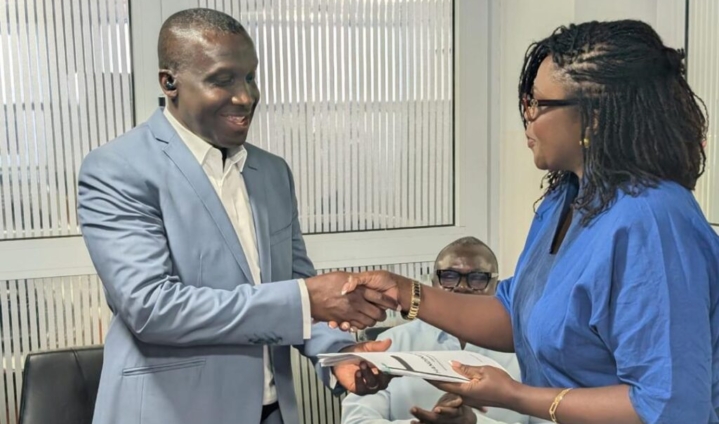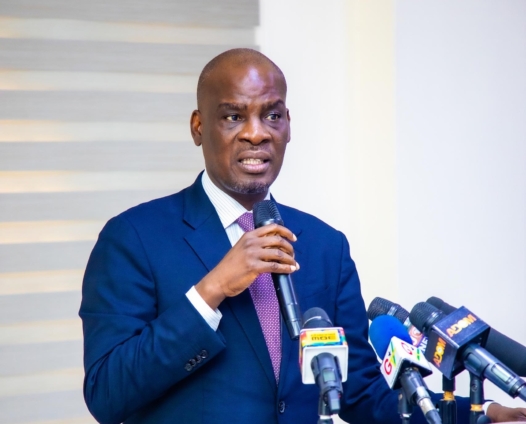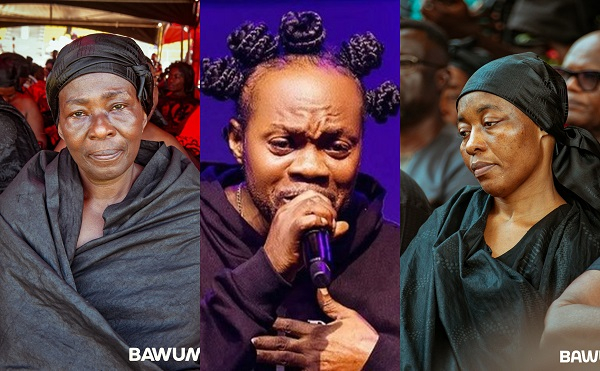Following a planned nationwide strike by Civil and Local Government Staff Association of Ghana (CLOGSAG) over the appointment of Samuel Adom Botchway as the Registrar of the Births and Deaths Registry, the government has moved swiftly to address the matter.
CLOGSAG has called on all their members to stay at home from Thursday, 20th February, 2025 until further notice after Mr. Samuel Adom Botchway took office on Wednesday, 12th February, 2025.
According to the Minister of State for Government Communications, Felix Kwakye Ofosu plans are far advanced to be reassigned to a different role to avert the strike.
He said the new President John Dramani Mahama administration will listen to the people who gave them the power to rule.
“To avoid the potential nationwide strike by the Civil and Local Government Staff Association of Ghana (CLOGSAG), the government has moved to address their concerns. Mr. Samuel Adom Botchway will be reassigned to a different role,” Kwake Ofosu said.
CLOGSAG DECLARES NATIONWIDE STRIKE:
The Civil and Local Government Staff Association of Ghana (CLOGSAG) in a statement signed by the Executive Secretary, Isaac Bampoe Addo said ” The National Executive Council (NEC) of CLOGSAG met on the 11th of February, 2025 and discussed issues connected with the appointment of politically exposed persons into the Civil Service and the Local Government.
“The Council noted the appointment of Mr. Samuel Adom Botchway, a politically exposed person as the Registrar of Births and Deaths Registry.”
The National Executive Council (NEC) decided that should Mr. Samuel Adom Botchway assume office as Registrar of Births and Deaths Registry, CLOGSAG should declare nationwide strike.
Source: Elvisanokyenews.com





